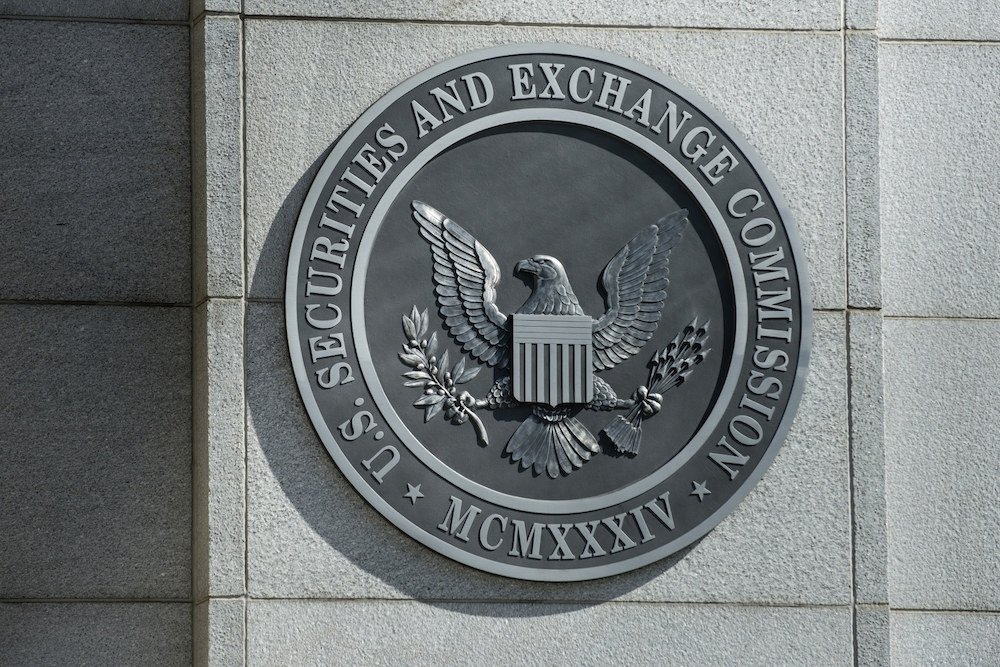Apple is taking advantage of historically low interest rates with a $6.5 billion bond sale that will go toward corporate initiatives like stock buybacks, payment of dividends and acquisitions.
Announced in a filing with the U.S. Securities and Exchange Commission, the $6.5 billion bond is broken into four parts set to mature between 2028 and 2061.
Apple sold $2.3 billion of 1.4% bonds scheduled to mature in 2028, $1 billion of 1.7% bonds that will mature in 2031, $1.8 billion of 2.7% bonds that mature in 2051 and $1.4 billion of 2.85% bonds that mature in 2061. Interest on the 7-, 10-, 30- and 40-year notes will be paid semi-annually on Aug. 5 and Feb. 5 of each year beginning in February 2022.
The company expects proceeds from the sale to come to about $6.46 billion after deducting underwriting discounts and our offering expenses.
Apple in today's filing said funds raised will be used for "general corporate purposes" including stock repurchases and dividend payouts, funding for working capital, capital expenditures, acquisitions and repayment of debt.
Goldman Sachs, BofA Securities and Barclays are running the offering.
As noted by Barron's, Apple had $113.8 billion in long-term debt outstanding on June 30, counting $14 billion raised in a bond offering in February.
 AppleInsider Staff
AppleInsider Staff








 William Gallagher
William Gallagher
 Malcolm Owen
Malcolm Owen
 Christine McKee
Christine McKee

 Amber Neely
Amber Neely

 Andrew Orr
Andrew Orr


-m.jpg)




71 Comments
I’m not understanding the debt angle. They tend to maintain around 200 million in cash, so why pay interest on debt. Unless it provides tax savings somehow.
I believe this is all very complicated tax law and accountant related. Apple provides dividend and share buybacks. Providing the money for that is taxed on average at X. But borrowing the money reduces the tax burden of that dividend and share buyback, we'll say, by half. When you factor in the yield paid to bond holders, half X + yield = less than the full tax of just using your cash on hand. This is the benefit of cost of borrowing money being VERY low.
The other possibility is simply the cost of money being low, and it is VERY low. Apple gets to keep their cash/easily converted securities on hand while using the low interest rate/yield bond(debt) to continue to fund increasing operations. I'd liken it to this: you have a million dollars. You have a 500,000 dollar mortgage at 2% APR. Would you take half that million to pay off the debt (saving 2%) when the cash itself will equal a 3% return in savings?